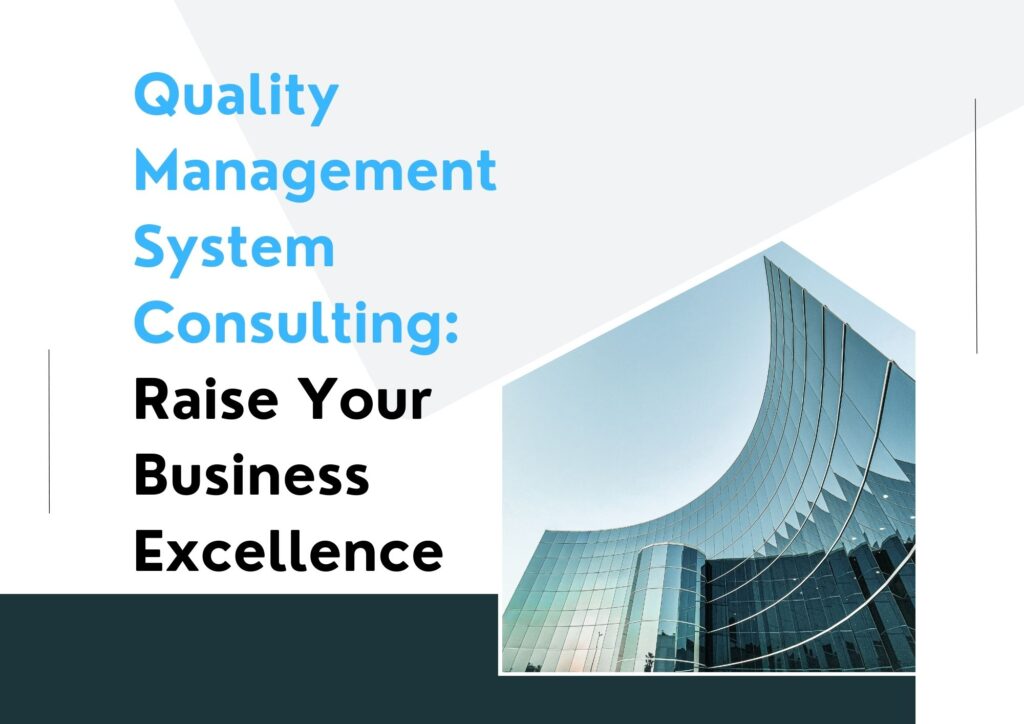A strong QMS is the backbone of operational excellence, thus ensuring that businesses deliver superior products and services while meeting customer and regulatory expectations. The way toward a fully functional QMS, especially one aligned with international standards like ISO 9001, is a bit complex.
This is where quality management system consulting becomes invaluable. Expert consultants bring along the know-how, experience, and strategy needed to make the whole process smoother, so this way, it becomes more convenient for organizations to get their QMS established or improved. From identifying the gaps in your processes to readiness for certification, QMS consultants are your trusted partners for business excellence. Whether you’re a small business owner looking to improve operational efficiency or a large enterprise CEO aiming for global certification, with the appropriate consulting you can transform your quality management practices into a strategic advantage.
What is Quality Management System Consulting?
QMS consultants work comprehensively, guiding organizations from the initial stages all the way to achieving QMS certification. Some key points are missing that should also be included.
Training and Capacity Building.
Continuous Improvement and Monitoring.
Documentation Development and Implementation.
Advantages of Quality Management System Consulting Experience and Expertise

